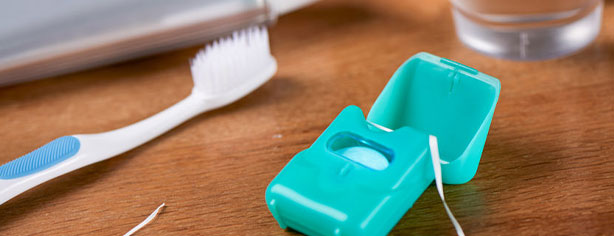
5 Tips for Recovering From Wisdom Tooth Removal
Whether you have had a wisdom tooth removed or you need a tooth removed due to decay or fracture, we have few tips for smoothing out the process of recovery. 1. Rest and relax for the first 24 - 48 hours. Do not do any strenuous activity or lift anything over 10 pounds. Straining or elevating your heart rate can cause more pain and bleeding. Allow your body the chance to put its energy into healing. 2. Keep the extraction site clean. After 12 hours, you can begin gently rinsing your mouth with...

How Do I Know If I Have Dry Socket?
How Does Dry Socket Occur? Dry socket (alveolar osteitis) can happen after having a tooth extracted. Ideally, a blood clot forms at the site of the extraction. If the clot does not form, or gets dislodged, the bone and nerves are exposed, causing pain. What Should It Look Like After Tooth Extraction? If you look in your mouth where the tooth was removed, you should see a dark colored scab. That is the blood clot that forms after the tooth is taken out. If the site appears white, it may be that...

Your Safety is Our Focus
We are learning more about this virus every day, and our office is staying updated to be on the forefront. Some questions have been brought up recently, and Dr. Adam Ozment has provided the answers below in an interview. Are your offices open? Yes, our offices have never actually closed. We have been seeing emergencies and urgent care as described by our national and state dental societies. What is considered to be an emergency, or urgent care situation? We are seeing patients for toothaches,...

Plaque, Mouth Health, and Heart Disease
Research has proven that there are many links between poor oral health and diseases that affect the body. Although having poor oral health hasn’t been proven to cause heart disease, the bacteria that is present in gum disease is believed to increase the risk of developing heart disease. Additionally, having poor dental health can increase the risk of bacterial infection in the blood stream, which can then affect the heart valves. Taking all of these studies into consideration, there is a...

Sleep Apnea and Surgical Treatment
People with OSA, or Obstructive Sleep Apnea, find that using a CPAP machine (continuous positive airway pressure) helps with moderate to severe conditions. However, many are unable to stick with this treatment. They quit for a variety of reasons, mostly because the device is cumbersome and uncomfortable. Fortunately, there are treatments that can be performed that result in improved breathing, daytime wakefulness, quality of life, and a lower cardiovascular risk. The Division of Sleep Medicine...

Treating our patients as we would our own families.
Lake Geneva Oral & Maxillofacial Surgery
Doctors Conlon, Bruksch, Ozment, Richard, Schmidt and Heinz
312 Center St. | Lake Geneva, WI 53147
Phone: 262-248-8766 | Fax: 262-248-6790
Office Hours
Monday – Friday 8:00 am – 5:00 pm
Saturday 8:00 am – noon
Hours may vary occasionally due to hospital surgery and emergencies.




